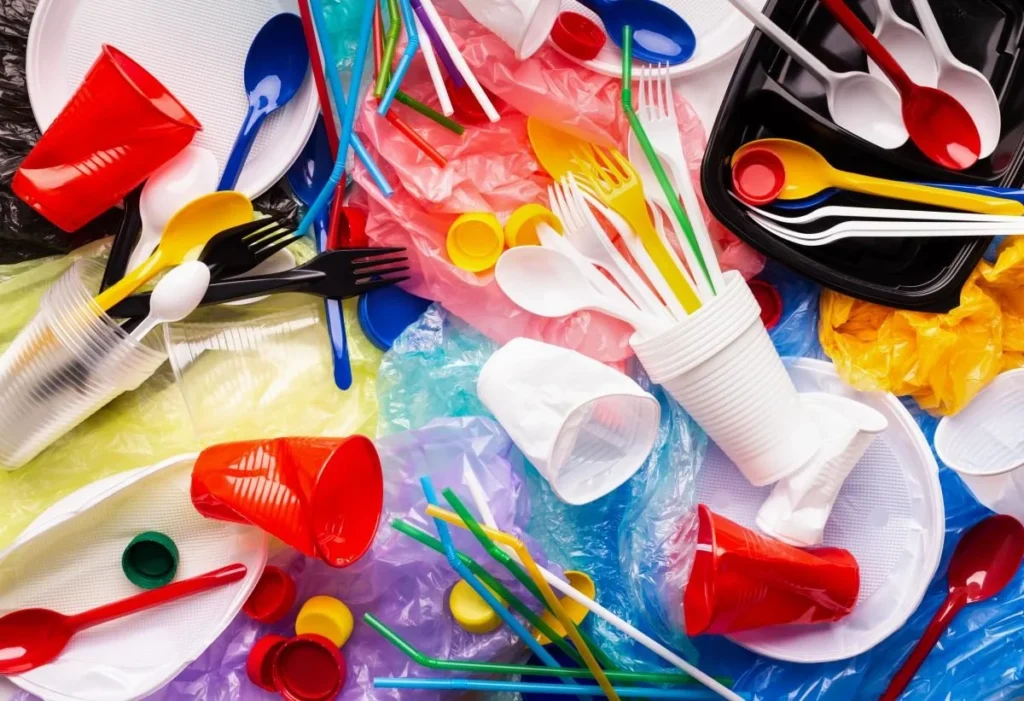The war in Ukraine has caused a catastrophic deterioration of the ecological situation. But besides this factor, which is currently beyond control, there are other equally significant factors that can be realistically regulated. One example is the situation with plastic waste, which has long been deplorable. It seems that the time has come when Ukraine will simply be forced to make changes in this matter, as this issue is a requirement for EU accession.
It’s About Money
There is a major advantage in using plastic products: plastic can be easily recycled and reused. And it would be great if everything in Ukraine followed this scheme. However, the reality is different: the vast majority of plastic not only ends up in landfills but also litters the soil or ends up in water bodies, where it remains for 450-1000 years depending on composition and climate.
Why is this issue still unresolved in Ukraine while most developed countries have overcome this barrier?
There are three main reasons:
- Lack of waste segregation. Several attempts to implement this approach have failed because of the absence of a legislative framework that would support such initiatives or penalize non-compliance.
- Cost issue. In Ukraine, disposing of waste in landfills is cheaper than recycling due to high recycling costs. Monopolists in the “waste business” hinder appropriate legislation as otherwise, secondary raw materials would disappear from the total waste volume, leading to decreased profits.
- Lack of additional surcharge for recycling. It exists in almost all developed countries, making the use of polyethylene packaging, disposable plastic tableware, etc., economically unfeasible.
These are the main factors hindering the transition to mass rejection of plastic.
The War Continues, Laws Are Changing
Some believe that now is the most inappropriate time to introduce changes in this area, as Ukrainian businesses are currently going through the worst times in several decades. But it seems that there is no choice, as the goal is to join the European Union, which in the end is more beneficial than temporary difficulties (although it is clear that not all businesses will be able to stay afloat).

The Ministry of Environment and Natural Resources of Ukraine is currently working on a draft law on the complete ban on the production and use of disposable plastics and hygiene products.
What will disappear
The plans include not only banning the production, but also the import, sale, and circulation of the following items:
- hygienic cotton buds on a plastic base
- containers made of polystyrene and plastic containers in the form of blister packaging or trays – for ready-to-eat food products consumed on-site or taken away
- stirrers and straws for beverages
- sticks for attaching to balloons
- sandwich picks
- disposable forks, knives, spoons, plates, and so on.
Most of these products can be replaced with paper, cardboard, or wooden alternatives. On one hand, this will help reduce the negative impact on the environment, but on the other hand, it will lead to price increases, as synthetic materials are traditionally the cheapest in their niche.


